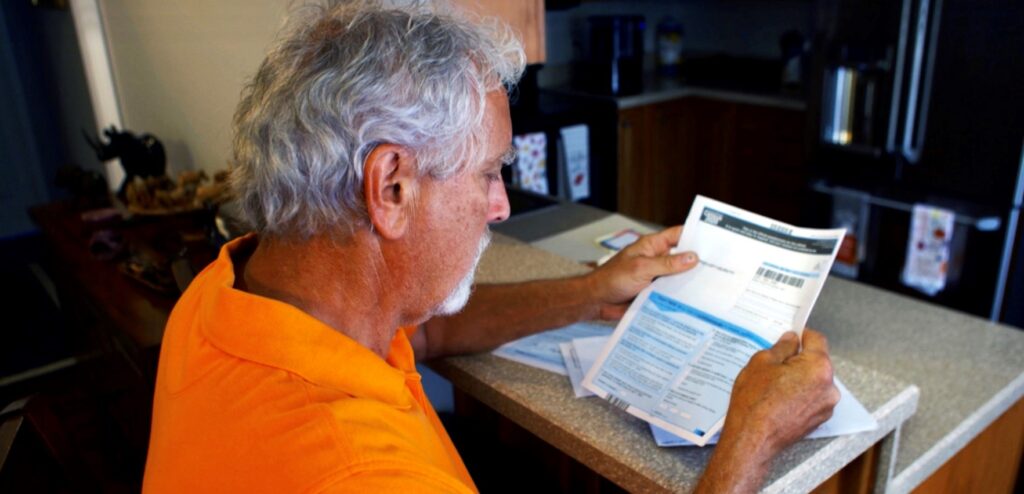
Local leaders from Rome to Savannah pressed Georgians on Monday to complete the 2020 census with only 10 days left before the deadline.
Georgia ranks near the bottom of states in its progress on the decennial count, which influences federal money allocations and political representation. The deadline is Sept. 30.
As of Monday, nearly 91% of households in Georgia had completed the census either on their own initiative or after census takers tracked them down via door-to-door visits or phone calls.
That’s an increase from the 81% completion rate seen earlier this month but still lags behind every other state in the country except Alabama, Louisiana, Mississippi, South Carolina and Montana.
Without a serious push to count more people, many cities and counties in Georgia could find themselves left with fewer dollars to provide services for more people – and will be stuck with that problem for another 10 years.
“This is the only thing we need to be talking about for the next 10 days,” said Savannah Mayor Van Johnson. “This is the overtime.”
Johnson joined mayors and other officials from Rome, Moultrie and East Point in a news conference urging people to fill out their online census forms or send them in the mail.
Mayor Bill McIntosh, from the South Georgia city of Moultrie, noted smaller and more rural communities like his could suffer worse from an undercount than urban areas, both by losing critical federal dollars and having less representation in the Georgia General Assembly through redistricting.
McIntosh said he’s seen some resistance to completing the census from people who fear the federal government may use their personal information for negative purposes. That will not happen, McIntosh and others stressed.
“The census matters and it matters in very significant ways in our lives,” McIntosh said.
The census count affects the state’s share of a huge pot of federal dollars provided annually for a wide range of programs like Medicaid and Medicare, food stamps, housing vouchers, highway construction, child-care services, special education and more.
Roughly $1.5 trillion will be available for states to tap into depending on the size of their census-determined populations, according to research from Georgia Washington University. The larger the population, the larger the share.
The census also plays a major political role in influencing how state lawmakers may redraw legislative and congressional district boundaries during negotiations next summer.
The high-stakes logistics of counting hundreds of millions of people across vastly different communities was daunting from the start. But the COVID-19 pandemic threw a major wrench into the equation, causing on-the-ground census takers to delay operations into summer and face reluctance from uncounted people to open their doors during follow-up visits.
Despite the hurdles, Rome City Commissioner Wendy Davis stressed Georgia cities and counties only have one shot for the next 10 years to maximize their federal money allocations.
“Folks need to understand that there’s money that all of our taxpayers have sent up to Washington,” Davis said. “We want to get our fair share back.”
Larry Hanson, executive director of the Georgia Municipal Association, pointed out companies often look at census figures to see if a community is thriving when deciding whether to set up shop in a given area. A census undercount could hurt a community’s economic development prospects for the next decade, he said.
“You may lose an opportunity to have a prospect that you never even realized,” Hanson said. “That they never even called on you, never even visited your community, because of information that may in fact be inaccurate.”
East Point Mayor Deana Ingraham echoed others in emphasizing that there is still time currently to boost Georgia’s census count – but it is certainly crunch time now.
“When we count, we matter,” Ingraham said.